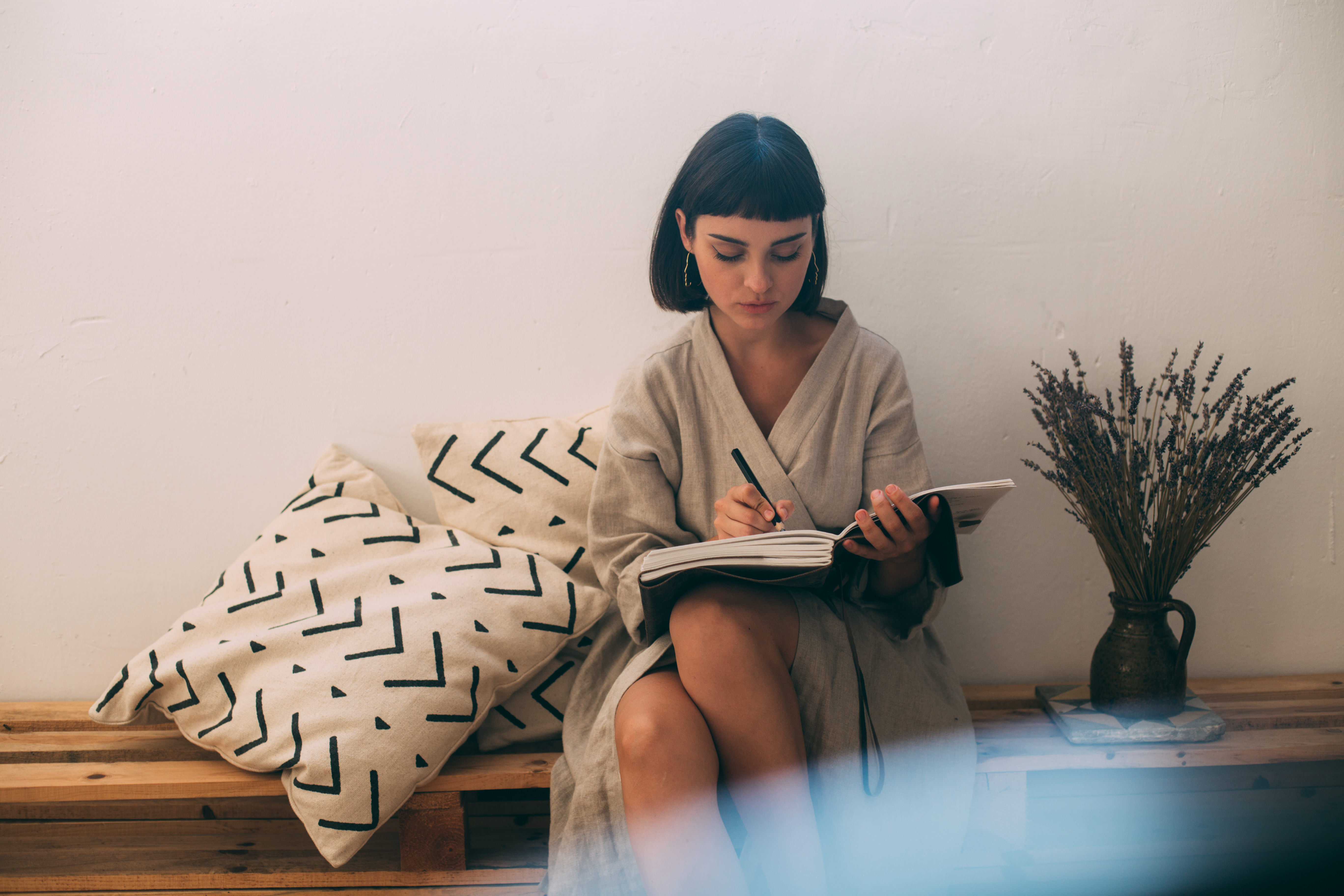Health experts give us advice on just about everything, including how to fall asleep. And these experts don’t just talk the talk. They walk the walk, too. Because sometimes even they have trouble falling asleep. And when that happens, here’s what they do about it.
Focus on one relaxing word
Robert Rosenberg, a board-certified sleep-medicine physician says that if anxiety and worry keep you up at night, choose one relaxing word that reminds you of something calm and peaceful. Then, take long mindful breaths and on every exhale, think of your word.
Put your thoughts to bed before you go to bed
It’s hard for the mind to rest when it’s still stressed out about today and tomorrow. So, naturopathic doctor, Catherine Darley, says she journals two hours before going to bed, as opposed to journaling in bed. This helps the mind become quiet, making it easier to fall asleep when you hit the sack.
Avoid naps and caffeine
You might want to recharge your batteries with either a quick cat nap or an espresso from Starbucks. But resist both. Naps can interfere with your sleep drive, according to speed specialist, Damon Raskin, MD. Instead, energize your body with a quick 10 or 20 minute walk.
Get your own sheets and blankets
If you and your partner share the same bed, that means you might be playing tug-a-war with the sheets and blankets every night, disrupting sleep and temperature levels. Robert Oexman, DO, the director of Sleep to Live Institute, says to have your own top sheet and blanket. And no, you won’t be a bad partner if you do that.
Take a glycine supplement
Sleep meds can leave you feeling groggy and out of it. But according to Rebecca Shalev, ND, glycine is a safe, amino acid supplement to take to improve the quality of sleep and help you feel more alert and energetic in the morning.



